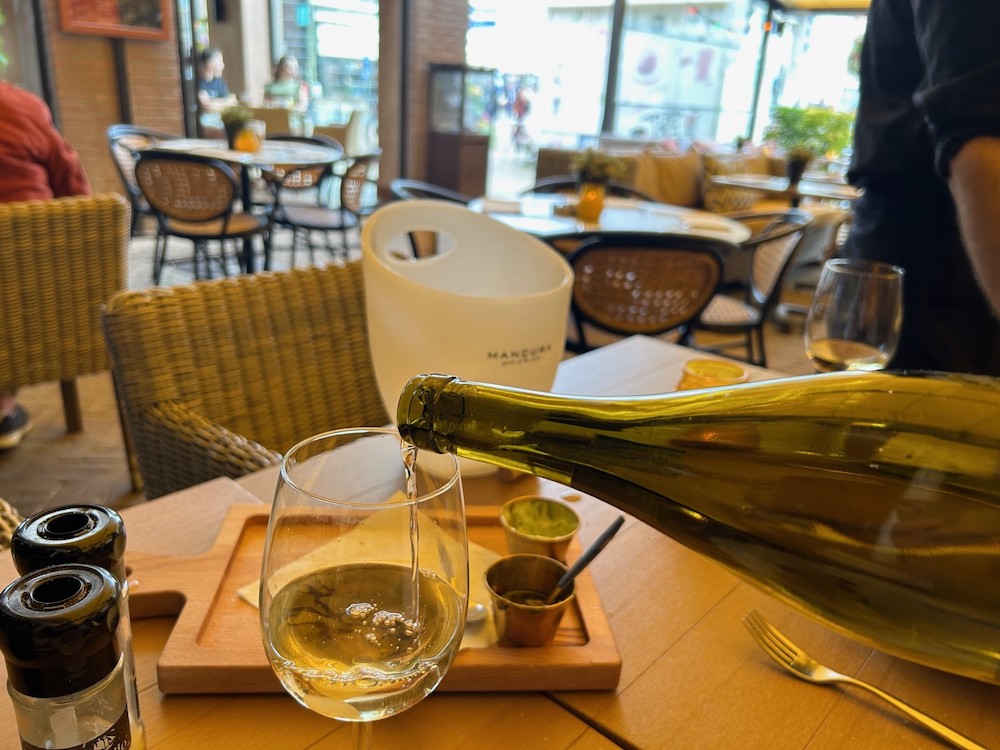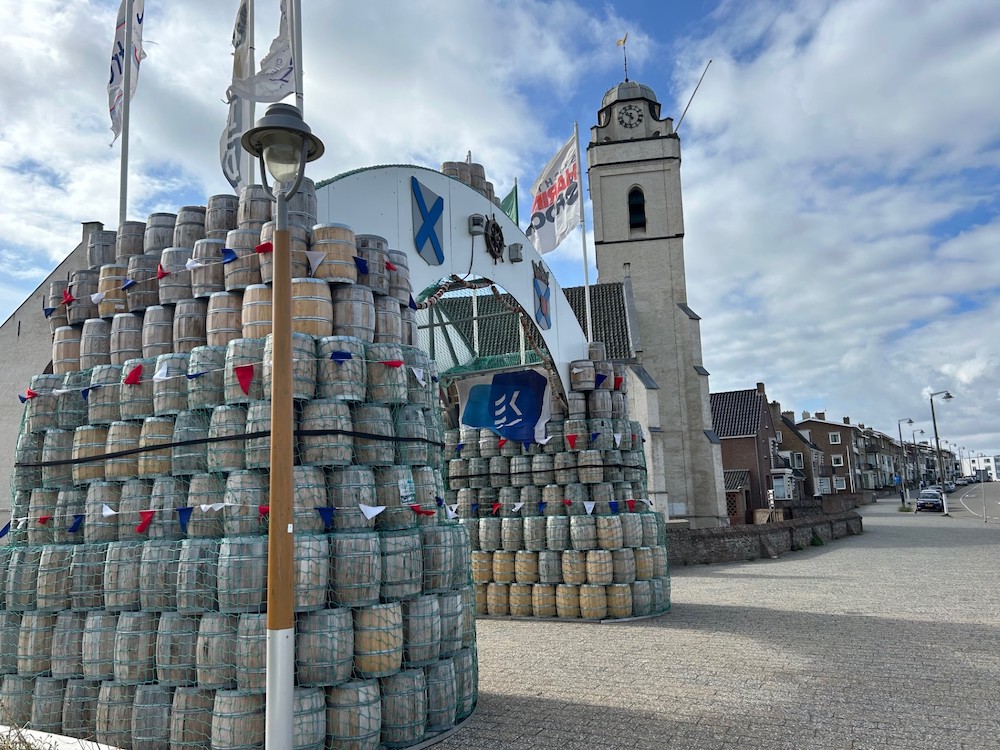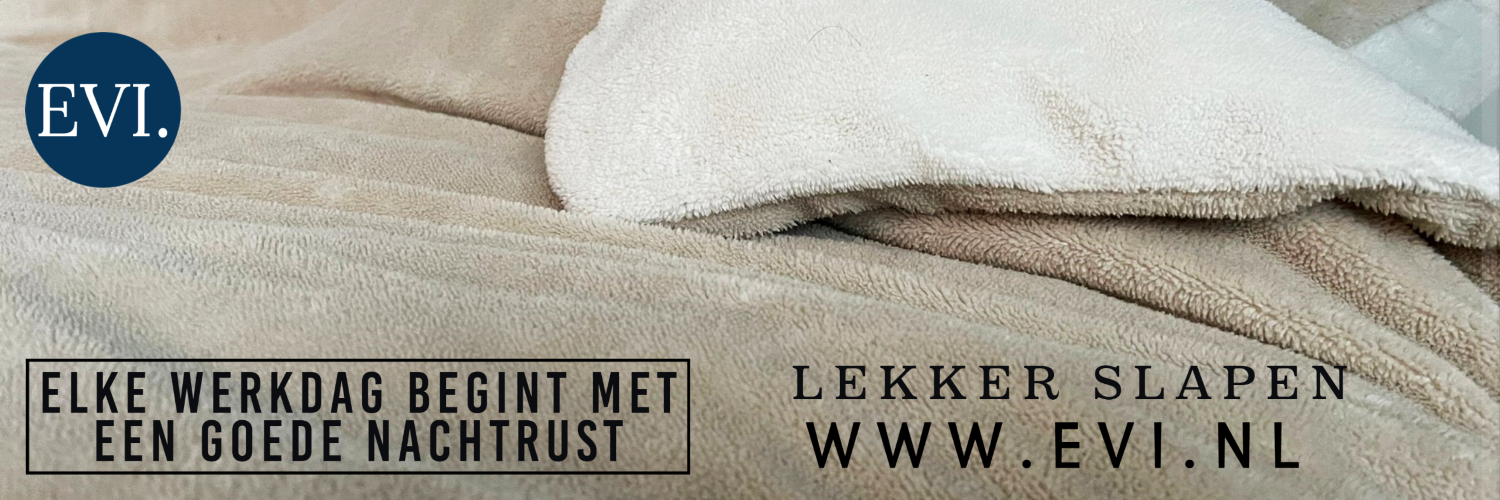These are tough times for coastal tourism, but it's also an opportunity to rethink how to attract and retain guests.
The beach bars and catering establishments on the Dutch coast have hardly been attacked by tourists this summer. Despite the eagerness of the hospitality industry, beach bars and beach bed owners to receive guests, many seats remained unoccupied. This was mainly caused by the continuous rain, which drove many visitors – both domestic and foreign – to the urban areas.
This summer we saw a shift in the audience. In contrast to other years, most visitors this year did not come from Germany, but from their own country, and they spend a lot less on average. The occupancy rate of luxury hotels such as the Kurhaus in Scheveningen, where an average room costs 350 euros, remained remarkably low during the wet days.
Although there is inflation and an energy crisis, the hospitality industry is striking. In the cities you often have to make a reservation to get a table, but on the coast it was a completely different story. In seaside resorts such as Scheveningen and Katwijk, the number of empty chairs on the terraces and in the restaurants was obvious.
Despite reasonable turnover due to far too high asking prices, entrepreneurs blame the problems on rising costs. This has led to some moderately creative solutions, such as replacing our delicious gray North Sea shrimps in the avocado salad with thawed tasteless pink shrimps from 'far away'. And while an average bottle of wine costs you 40 euros, you easily pay 180 euros for a dinner for two.

Yet the fact remains that a meal at a seaside restaurant, including wine, can easily cost €180 for two people these days. This price is unaffordable for many people, which raises the question of whether the hospitality industry is pricing itself out of the market.
Parking is another important aspect that deserves attention. News that parking in part of Scheveningen or in the center of The Hague would henceforth cost 50 euros has discouraged many people. Regardless of whether you park for ten minutes or a whole day, you always pay the fixed daily rate. This resulted in a lot of dissatisfaction among visitors, but according to the municipality of The Hague, most residents and entrepreneurs responded positively.
As for the residents of the coastal cities, new research from the Knowledge Center for Coastal Tourism reveals that only 56 percent of residents are satisfied with tourism. Complaints about crowds, too much traffic and litter are frequent. Nevertheless, a narrow majority of coastal residents recognize that there are many more shops and restaurants thanks to tourists.

In Katwijk, the consequences of this tourist decline seem to be even greater. The German tourists, who are normally a reliable source of income for the local economy, have returned home earlier than expected due to the persistent rain.
Parking is a point of discussion in Katwijk, as in most coastal towns. Fortunately, there are some alternatives for those who want to avoid the expensive parking fees in Scheveningen. The Noordduinseweg and Zuidduinseweg car parks offer a reasonable rate of €1,80 per hour with a maximum of €10,00 per day.
However, this huge parking lot under the dunes could use some attention. With the growing number of electric cars, there is an urgent need for additional charging stations. Despite that, in the center area of Katwijk, street parking is limited to a maximum of 90 minutes, which is of course a logical measure given the limited space available.
Despite the current situation, the residents of Katwijk are not too concerned. As in many coastal cities, the decrease in tourism also means less nuisance. The locals complain less about crowds, too much traffic and litter. Although tourism undoubtedly has economic benefits, the current situation shows that there are also advantages to having some peace and space in the city.
It is clear that a balance must be struck. While business in the hospitality and tourism sector needs a boost, the interests of residents must be kept in mind. Finding this balance will be a challenge in the coming years, but it is essential for the sustainable preservation of the character and quality of life of Katwijk.



